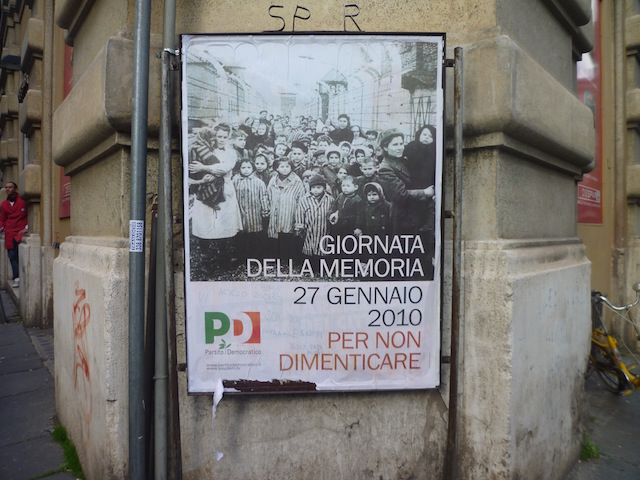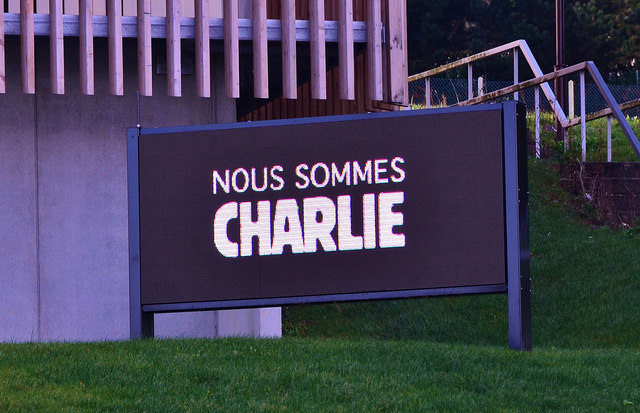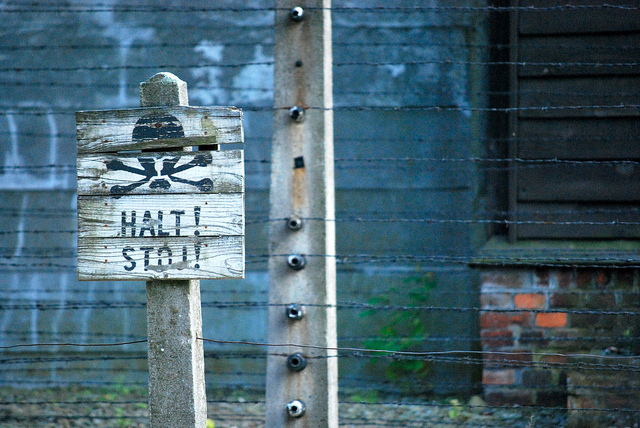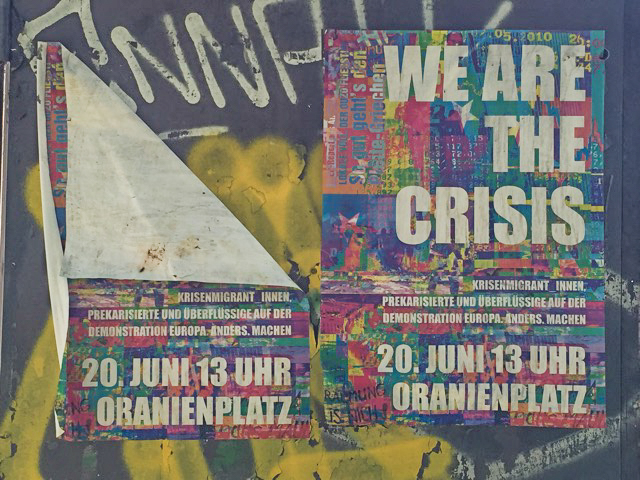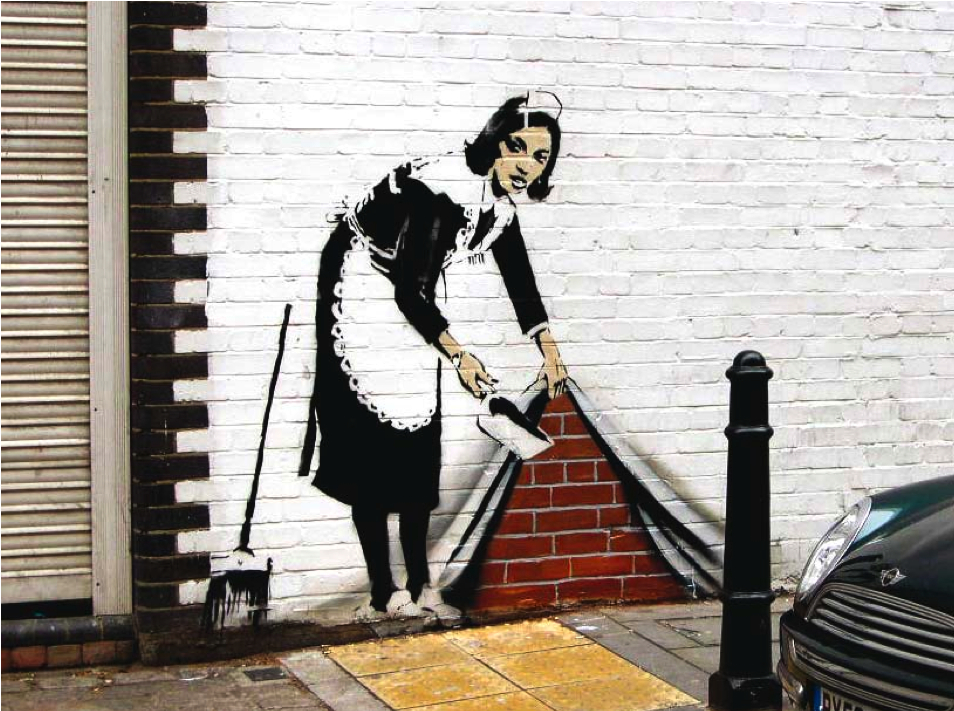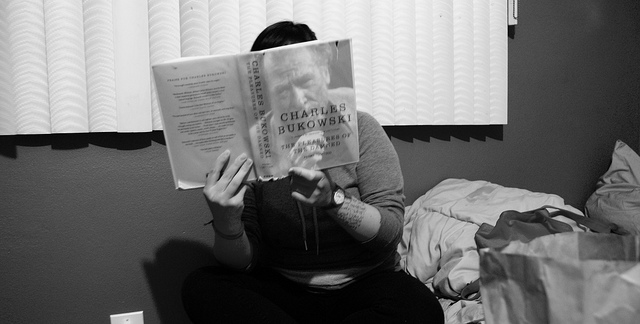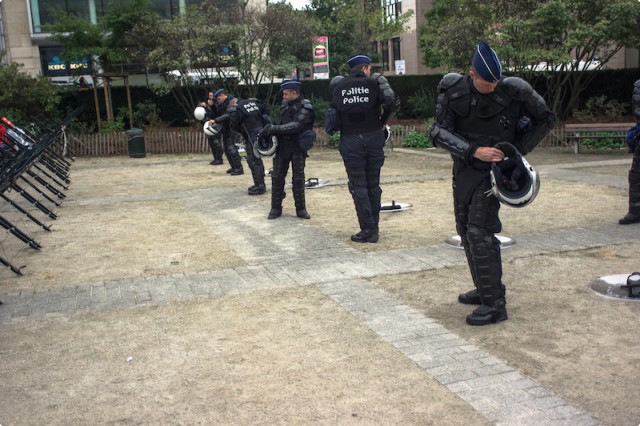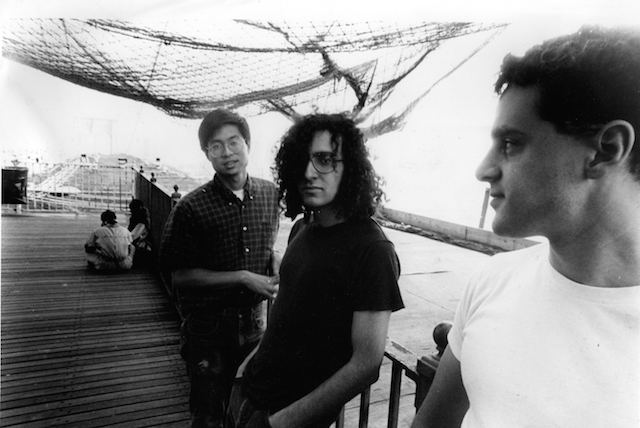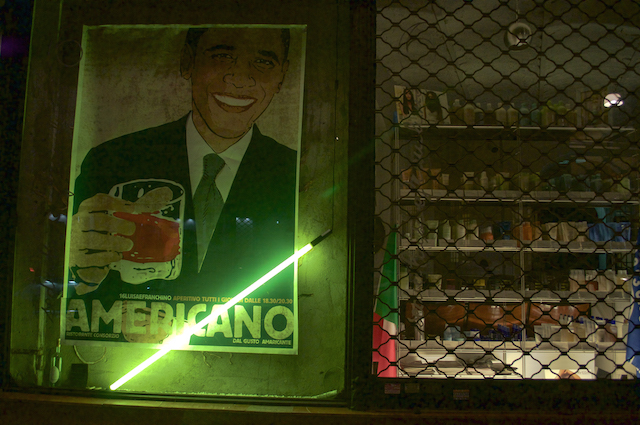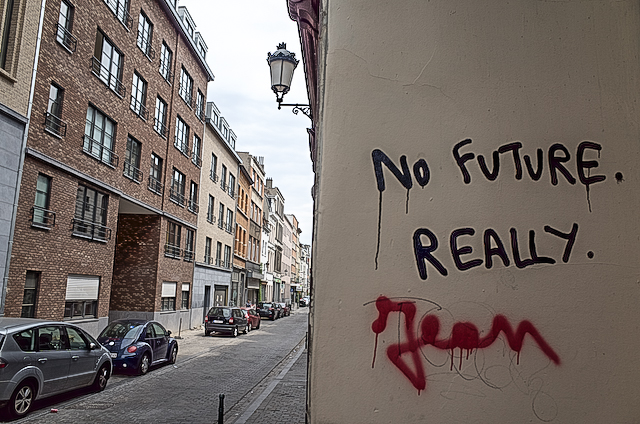Tzvetan Todorov’s The Inner Enemies of Democracy wants to use the accumulated wisdom of the West to address a modern problem. In this particular case, the problem is that, although democracy has become the lingua franca of the West, there are dynamics internal to it that have the potential to vitiate the progress that has been made towards more humanistic social orders. (More…)
Books
Camus’ writings deal intensely with the problem of death; suicide in Myth of Sisyphus (1943), and the death of others in L’Homme Révolté (1951). For Camus, the issue is that humans have no direct experience of death, but it remains their only certainty, and shapes their existence. (More…)
Of all the notable literary events of the past year, perhaps none was so important as the release of the complete works of Primo Levi. The three volumes of this edition make available in one place a wealth of Levi’s novels, his shorter fictional and occasional pieces, as well as his more general autobiographical writings such as The Periodic Table. (More…)
Mark Fisher’s Capitalist Realism constitutes one of the clearest statements of what people for better or worse like to call the ‘postmodern condition’. On Fisher’s account, culture in the late capitalist world exists in a condition of stasis, having lost the impulsion to novelty that Fisher imputes to systemic competition with actually existing socialism. (More…)
Few writers in the Anglosphere have written about the situation of modern capitalism, and its cultural consequences, than British scholar Mark Fisher. Whether in books, in Wired and New Statesman, or on his own blog, Fisher prose cuts to the chase, capturing subtle nuances without feeling the need to drown the reader in verbiage. (More…)
It seems like a long time ago, when rebellious poets lashed out against a takeover of the field by academics who, according to the familiar curse, “had everything but an audience.” They were trying, in part, to return poetry to its popularity in the early twentieth century–think of Carl Sandburg’s large following when he was only years from his socialistic journalism—before modernism turned most radical poetry inward. (More…)
If I may begin with a bit of oversimplification, Slavoj Žižek basically writes two kinds of books: long and incomprehensible, and short and to the point. His Less Than Nothing is an example of the first sort. (More…)
On January 7 2015, Cherif and Said Kouachi, two French Algerians radicalised by the war in Iraq, entered the offices of Charlie Hebdo. It was a Wednesday, and the writers had gathered for an editorial meeting. When the shooting began, the satirists thought it was firecrackers. (More…)
I’d been looking forward to reading ex-Bitch Magnet guitarist Jon Fine’s Your Band Sucks, his memoir of his life in the indie rock scene, for some time. I’d been fascinated with (the stupidly named) Bitch Magnet ever since I first heard Ben Hur in Thirty Ought Six front man Sean Roberts’ basement in Portland a couple of lifetimes ago. (More…)
Several years ago, I spent the night carousing in Prenzlauer Berg. As things broke up after two, I realized that I had stayed out too late – which meant until after the north-south U-Bahn lines had stopped running. In those days, I was living in Neukölln which, for those unfamiliar with Berlin, is a considerable distance. (More…)
The economist Joseph Schumpeter is one the most fascinating and, it is probably fair to say, underappreciated figures of the 20th century. He was a product of a remarkable multigenerational school of economic thought in the last decades of the Habsburg Empire. (More…)
PSYOP: Post- 9/11 Leaflets: Operation Enduring Freedom, is a collection of leaflets dropped by the United States military on Iraq and Afghanistan since 2001. The book, which was put together by Christoph Büchel and Giovanni Carmine, was published in 2005 by Win With Words as part of an exhibition at the 7th Sharjah Biennale, in the United Arab Emirates. (More…)
